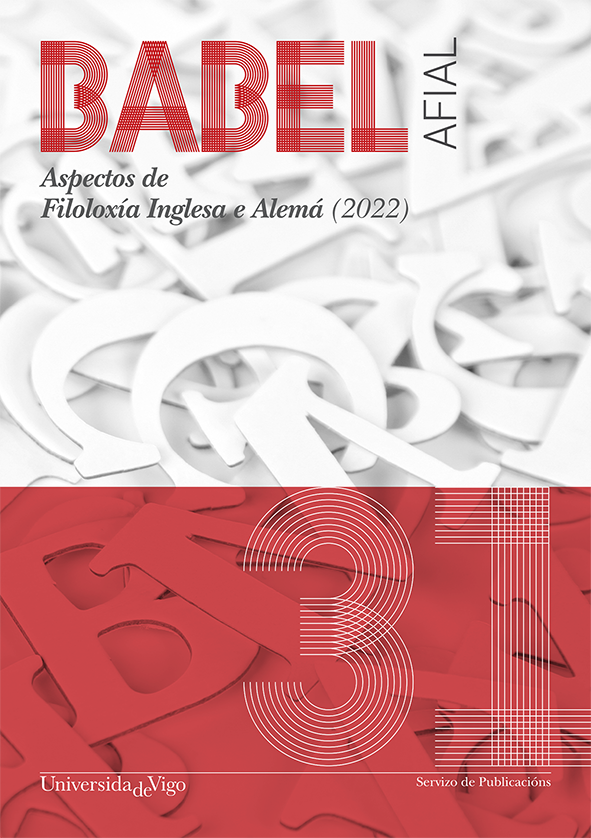The Unlikely Heroine beyond Family Trauma: Four Women’s Fictions of the Second World War in Greece
DOI:
https://doi.org/10.35869/afial.v0i31.4299Keywords:
Women's fiction, World War II, Exoticism, Greece, Popular romanceAbstract
My analysis of Victoria Hislop’s The Island (2005), Leah Fleming’s The Girl under the Olive Tree (2013), Sofka Zinovieff’s The House on Paradise Street (2012), and Brenda Reid’s The House of Dust and Dreams (2010) examines their treatment of the exotic setting of Greece in the specific historical context of World War II, while following the conventions of popular romance or popular women’s fiction. As a consequence of the conflict, the traditional family structure is compromised. This is particularly evident in the case of the female protagonists, heroines who refuse to fall within the traditional happyever-after ending and opt for a fulfilling career, a longfelt vocation, singlehood or simply unusual friendships of their choice. As a result, even in novels categorized as “romances”, the presence of a hero or lover is questioned and redefined. My analysis starts with Victoria Hislop’s The Island, a historical narrative of the leper colony at Spinalonga, around the time of the Second World War. For comparative purposes regarding the treatment of popular fiction elements, Brenda Reid’s The House of Dust and Dreams and Leah Fleming’s The Girl under the Olive Tree are discussed as being more generically romantic. Finally, Sofka Zinovieff’s The House on Paradise Street offers an example of a cohesive, compact combination of political confrontation and popular romance, while at the same time England appears as the counterpoint to the exoticism of Greece.



